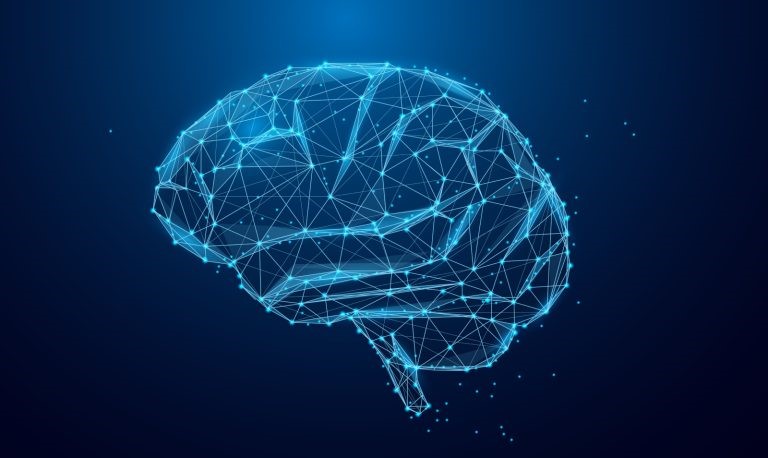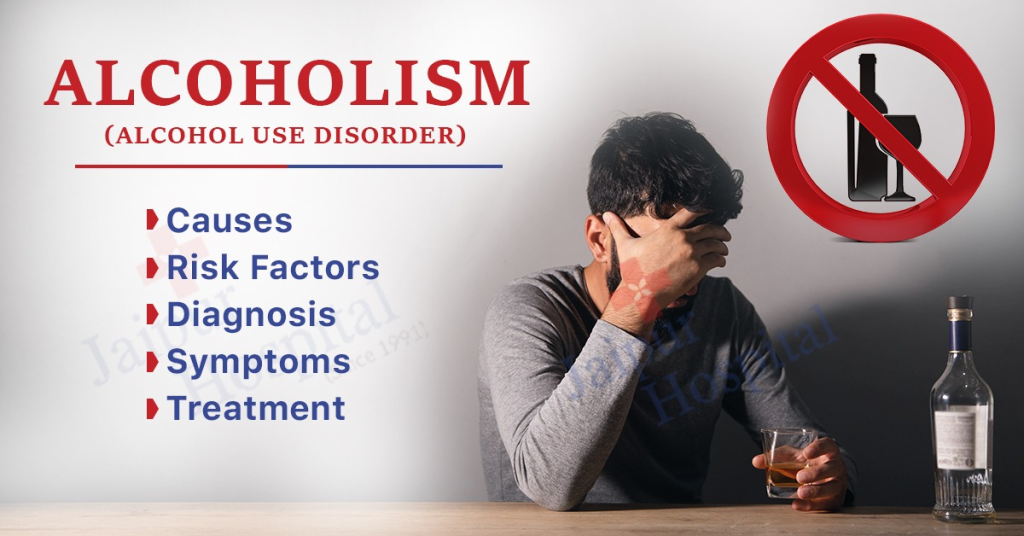
Once known as “alcoholism,” Alcohol Use Disorder is defined in the Diagnostic and Statistical Manual of Mental Disorders (DSM-5) as “a problematic pattern of alcohol use leading to clinically significant impairment or distress.” AUD can be mild, moderate, or severe, depending on the number of symptoms a patient has experienced.
By Annie Grace is the author of: This Naked Mind; Control Alcohol, Find Freedom, Discover Happiness & Change Your Life.
New York, N.Y. The Centers for Disease Control and Prevention (CDC) reported that alcohol is killing men and women at record numbers. Even more terrifying is that, according to the CDC, alcohol related deaths account for four times as many deaths as all prescription and illegal drug overdoses combined.
Addressing the mounting harms caused by our nation’s favorite vice begins in how we speak about alcohol addiction. Awareness and acceptance are vital motivators of change yet arbitrary and un-diagnosable term “alcoholic” encourages denial, creating dread for those who wonder if they are drinking one too many.
We must empower someone to question his or her relationship with alcohol allowing them to seek answers without fear of life-long disease, ostracism from social society, shame or stigma. Then we can treat and arrest the progressive disease of alcohol addiction before individuals suffer lasting neurological, emotional or physical harm. Before they hit the proverbial “rock bottom.”

I was addicted to alcohol, and overcame that addiction yet will never to identify as an alcoholic; here’s why:
1. The designation “alcoholic“ is both medically & scientifically imprecise.
Human behavioral experts have evolved from the classification “alcoholic,” preferring the term Alcohol Use Disorder, a broader continuum comprised of many forms of use and abuse. The term alcoholic misleads us into ignoring the progressive nature of how addiction develops. No one’s first experience drinking alcohol mirrors one’s final experience with alcohol in motivation, quantity or rationale. The arbitrary line between ‘alcoholic drinking’ and ‘regular drinking’ allows us to turn a blind eye to the progressive nature of problem drinking.
2. It focuses treatment efforts on a minority of excess drinkers — while ignoring millions who struggle.
We appropriate the designation “alcoholic” only on those whose lives have become unmanageable. One must accept the label “alcoholic” and its stigmas in order to address the problem. Those who are not yet addicted but who are on the path to addiction remain on the sidelines. By comparison, those sliding into obesity do not need to suffer a heart attack or be diagnosed with diabetes before treatment becomes culturally acceptable.
3. It gives us a false sense of security by obscuring the addictive nature of alcohol.
By believing, despite a lack of clear evidence, that there is physical, mental, or spiritual difference that causes someone to be an “alcoholic” we put the blame on the individual (alcoholic) rather than the addictive substance (alcohol). It is often the self-proclaimed “alcoholics” who assert they are indeed different than “regular” drinkers, even claiming an allergy to alcohol. This stands in stark contrast to medical and scientific studies proving that the need for an addictive substance is not inherent but created through exposure to the drug itself. You were not addicted before you drank – and you can’t become addicted to something you do not ingest.
4. It creates a self-diagnosed exile, which promotes denial.
No one wants to grow up to become an alcoholic and the idea of voluntarily classifying oneself as such — as different from your friends and family — is terrifying. Drinkers delay self-diagnosis for as long as possible. The ambiguity of the term allows us to pick and choose its definition so it can define anyone but ourselves.
5. It dooms the afflicted by classifying alcohol addiction as incurable.
Alcoholics Anonymous (A.A.) asserts there is no cure for this lifelong disease — only continued remission achieved through complete abstinence. Yet according to a study by the National Institute on Alcohol Abuse and Alcoholism (NIAAA), more than one-third of individuals with alcohol addiction fully recover. Going from alcohol dependence, defined as tolerance, withdrawal, and unsuccessful attempts to reduce or stop consumption, to not drinking at all or drinking at levels that are no longer considered harmful.
6. It (dangerously) necessitates a “rock-bottom.”
Many excess drinkers have avoided the “rock-bottom” experience seemingly required by those who identify as “alcoholic” yet worry about their alcohol use. It was almost ten years from the time I started (secretly) questioning my drinking to the time I acknowledged an addiction. I convinced myself I could not truly have a problem because nothing outwardly bad had occurred. I ignored the growing signs of dependence under the banner of ‘I’m only harming myself,’ and ‘I’ve never been in trouble.’
7. It allows us to forget alcohol is a drug by implying that drinking is “safe” for anyone who is not an alcoholic.
We accept alcohol as a vital part of society blaming the alcoholic for alcohol related problems and insisting alcohol is somehow different from “hard” drugs. A.A.’s Big Book claims that alcoholism “is limited to this [alcoholic] class [of people] and never occurs in the average temperate drinkers.” Yet recent studies clearly show that not only is alcohol a drug, it is the most dangerous drug on the planet. Alcohol surpassed AIDS as the world’s number one killer of men aged 15-59 and even moderate drinking (1 drink per day) can increase the risk of breast cancer. Ingesting ethanol is harmful to the human body, alcoholic or not, even in limited quantities.
8. It discourages patience with and fairness to oneself.
If the “alcoholic” returns to drinking the guilt can be unbearable enough to believe all hope is lost. The notion of “falling off the wagon,” can seal the alcoholic’s self-perception that they will remain doomed, a lifelong prisoner of alcohol. It is perfectly legitimate to consider breaking free from alcohol a lengthy and worthwhile struggle with a mortal enemy rather than an instantaneous exorcism of an old friend.
9. It gives alcohol a power it does not deserve.
Many self-proclaimed “alcoholics” will tell you they were born alcoholics and continue to identify as alcoholics years after eliminating alcohol from their lives. Identifying with a drug you no longer use anoints it to a sanctimonious role in your life despite the fact you are not consuming it.
We don’t have cigarette-o-holics or cocaine-o-holics but rather individuals who have become addicted to nicotine or cocaine. Why do we use different language with alcohol muting harms of the substance and placing blame on the individual? Especially when studies show that over time, with the right level of exposure, anyone can develop an addiction to alcohol.
This message isn’t popular; it flies in the face of our thriving alcohol industry, our societal love affair with drinking and the attitudes of “responsible” drinkers who pride themselves on maintaining control.
Yet when it comes to alcohol addiction, where stories of personal tragedy and heartache dominate, perhaps it’s time to change the conversation removing the designation “alcoholic” and accepting the unpopular truth that the harmful and addictive qualities of alcohol do not change depending on the label we bestow on the drinker.
Why I Will Never Call Myself an Alcoholic. Originally published January 10, 2016.
About the Author
Annie Grace is the author of: This Naked Mind; Control Alcohol, Find Freedom, Discover Happiness & Change Your Life. She recently left the heavy-drinking corporate world behind to write her book and share the painless way she found to regain control of her life. Annie no longer drinks and has never been happier. She currently lives in the Colorado mountains with her two sons and husband.
TAGS: Alcoholism, Annie Grace, Alcohol Use Disorder